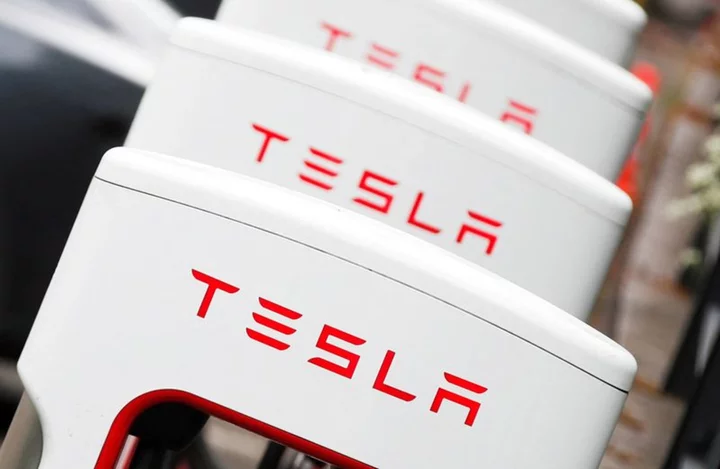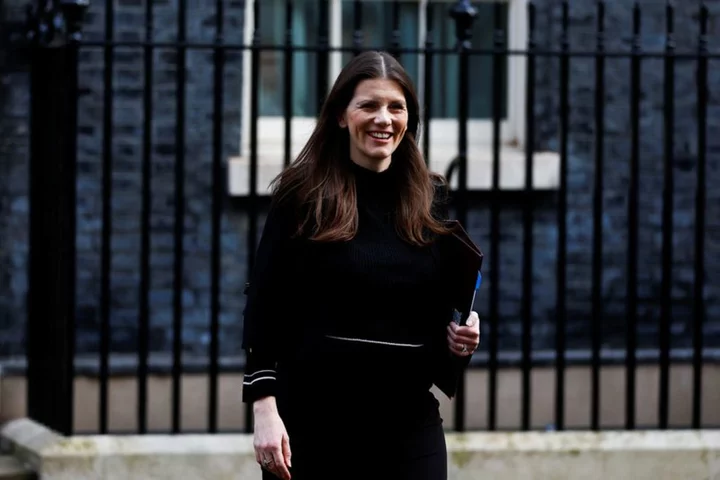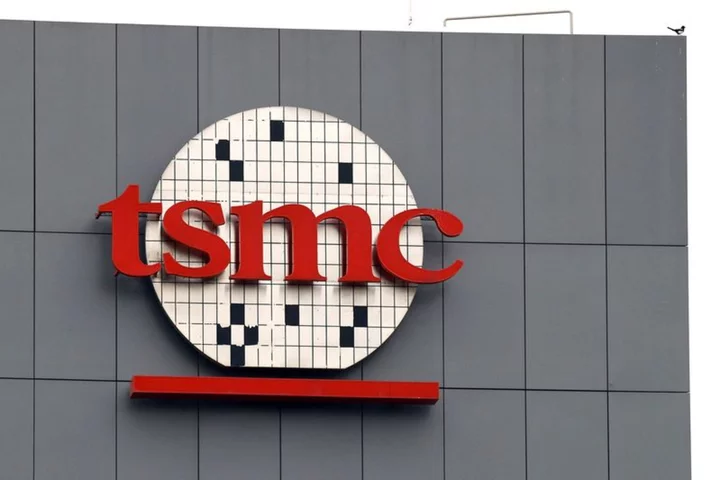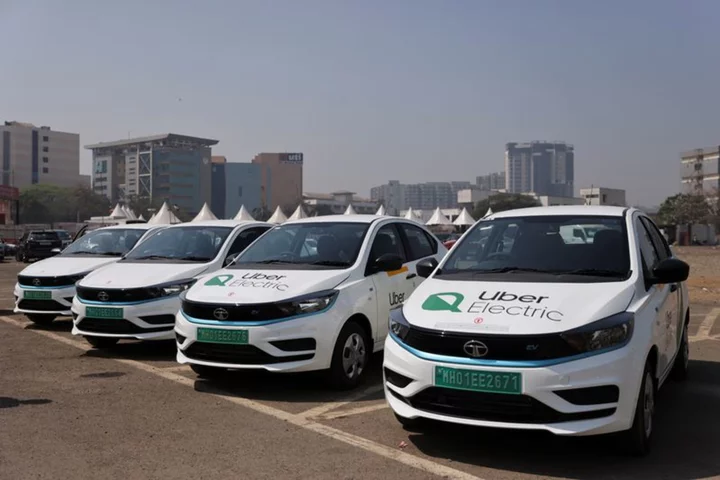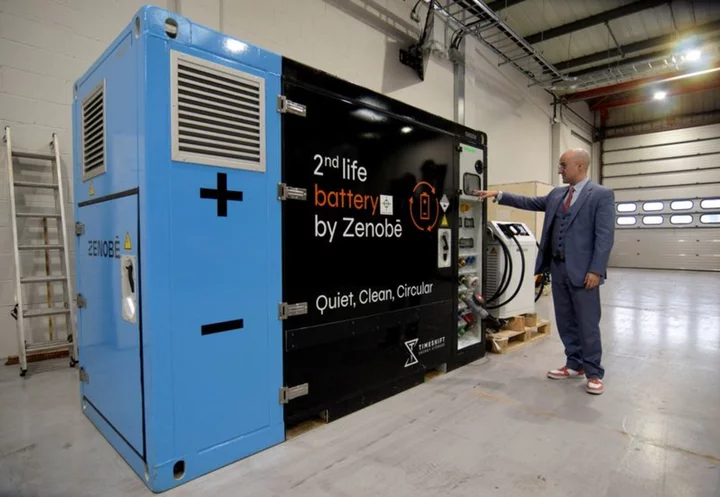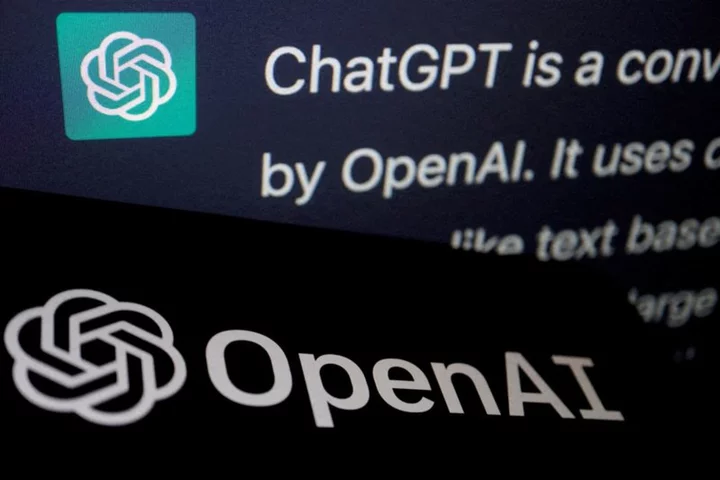Tesla's supercomputer, Dojo, to train AI models for autonomous cars could give the electric vehicle maker an "asymmetric advantage" and boost its market capitalization by nearly $600 billion, or 76%, Morgan Stanley estimated.
Tesla started production of Dojo in July and plans to spend more than $1 billion through next year.
Dojo can open up new addressable markets that "extend well beyond selling vehicles at a fixed price," Morgan Stanley analysts, led by Adam Jonas, said in a note published on Sunday.
"If Dojo can help make cars 'see' and 'react,' what other markets could open up? Think of any device at the edge with a camera that makes real-time decisions based on its visual field," Jonas said.
The Wall Street brokerage upgraded its recommendation on Tesla's stock to "overweight" from "equal-weight" and made it their "top pick," replacing Ferrari's U.S.-listed shares.
Morgan Stanley raised its 12-18 month target on Tesla's shares by 60% to $400 - the highest among Wall Street brokerages as per LSEG data - which, it estimated, would give the EV maker a market capitalisation of about $1.39 trillion.
That compares with its current market value of about $789 billion, after the stock closed at $248.5 on Friday.
Jonas expects Dojo to drive the most value in software and services.
The analyst raised his estimate for revenue from Tesla's network services business to $335 billion in 2040, from $157 billion previously.
Jonas expects the unit to account for more than 60% of Tesla's core earnings by 2040, nearly doubling from 2030.
"This increase is largely driven by the emerging opportunity we see in 3rd party fleet licensing, increased ARPU (average monthly revenue per user)," Jonas said.
(Reporting by Roshan Abraham and Susan Mathew in Bengaluru; Editing by Savio D'Souza)

